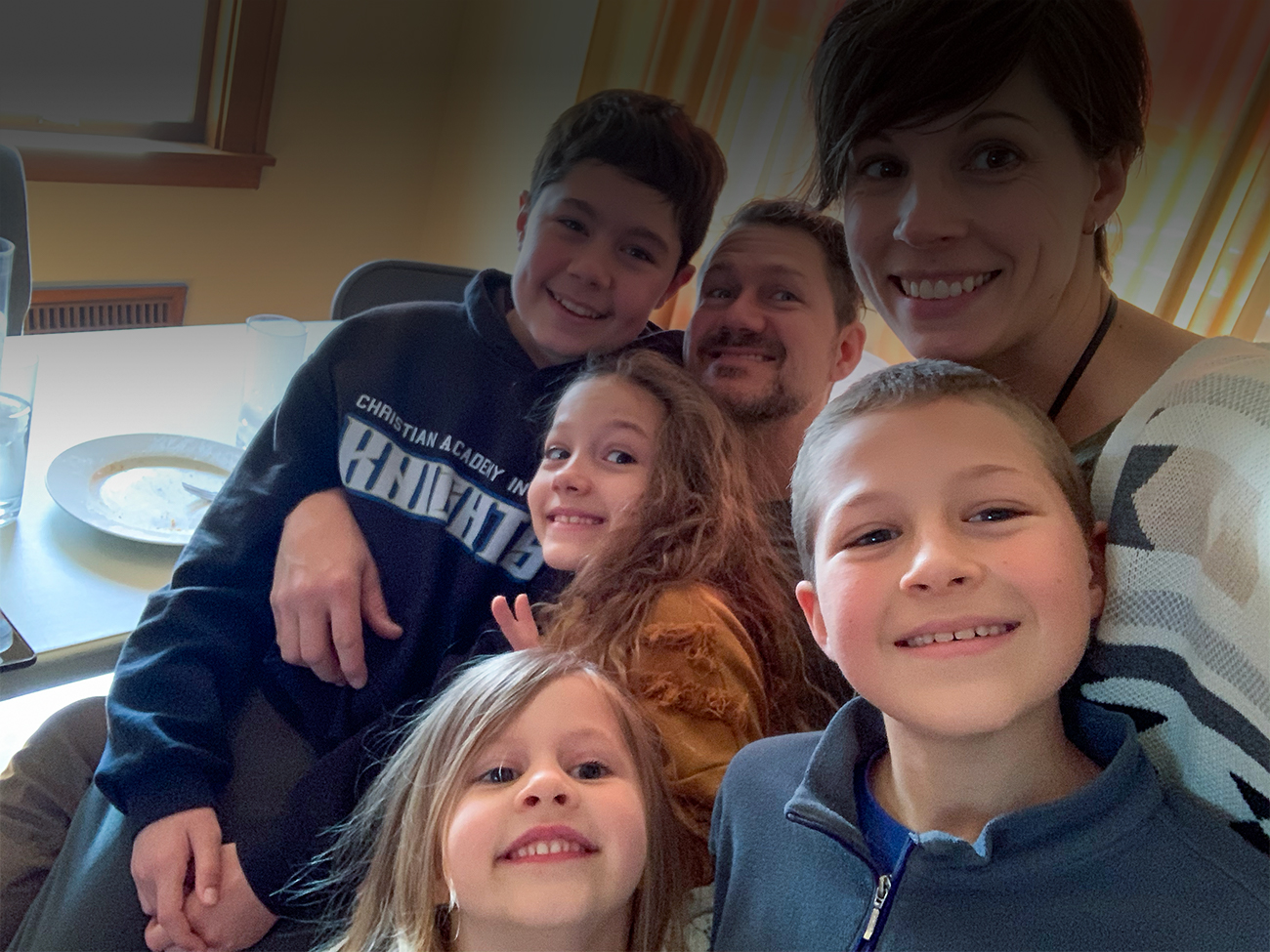Ahead of the pack: BNSF team helps customers ship canned foods safely
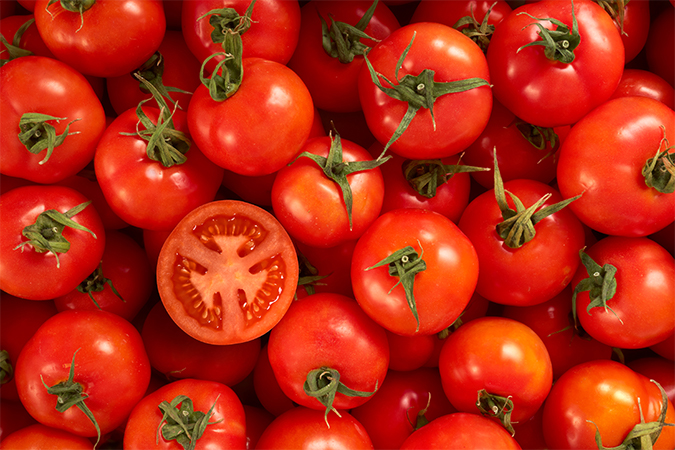
Labor Day marked the unofficial end of summer, which for many included a backyard cookout. So how did you dress up your hot dog – mustard, ketchup, a little of both?
If you said ketchup, you may have had a hard time finding it on grocery shelves during the early days of the pandemic. While that stockpiling phase has passed, BNSF is now working with producers to be ready for what the agriculture industry calls “pack,” when we’ll move the tomato paste needed to make ketchup, sauce and salsa, plus diced tomatoes and a variety of canned fruits and vegetables.
“Pack is the term for when product is harvested and then processed and packed into cans or bins,” said BNSF’s Todd Whitmore, general director, Industrial Products Sales, Fort Worth, Texas. “It’s a three- to four-month process that starts in mid-July and runs until October/November.”
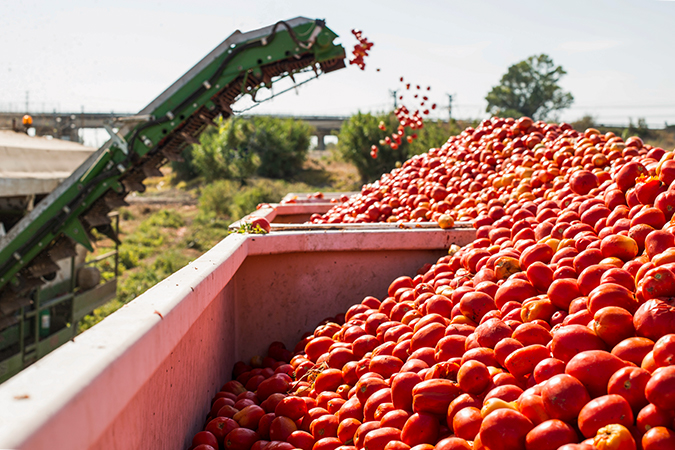
That means we’re in the thick of pack. Once the period ends, BNSF continues to ship these products, just not at the same pace as during harvest and production, the majority of which takes place in Central California.
This year’s pack is expected to be one of the biggest ever, with one producer planning a “double pack,” roughly 40 percent more product than in previous years, according to Alex Williamson, manager, Sales, Sacramento, Calif. To prepare for the safe movement of these higher volumes, he is working closely with our Load and Ride Solutions (LARS) team.
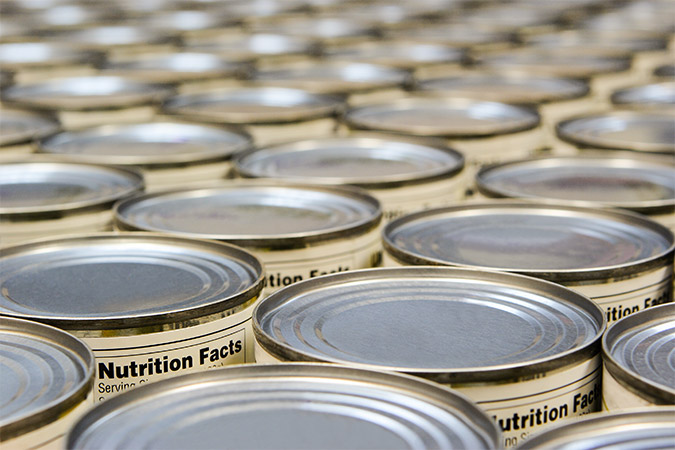
Because these products, which are packaged in a variety of can sizes and large plastic bins, need to arrive at their destination damage-free, the California LARS team works directly with producers on loading patterns. This free service includes on-site training to help customers understand the best way to load and pack their products – as well as make sure they’re safely unloaded.
“LARS continuously provides us detailed training as well as materials [airbags and cardboard filler], usage suggestions, and other support to ensure the safe transport of our products,” said Robert Jeremic, supply chain director for Pacific Coast Producers (PCP), one of the many producers we serve during pack.
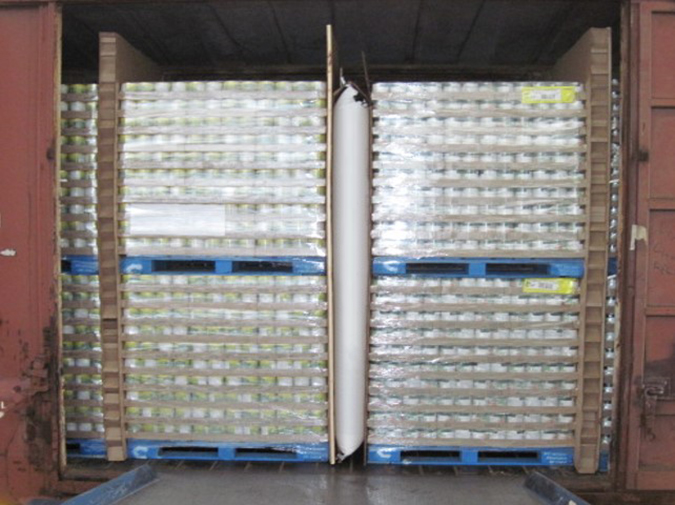
John Brainard, Stockton, Calif., is one of our LARS managers who supports PCP and others.
“When you consider that there are three to four truckloads’ worth of this product in one boxcar, how they’re loaded and secured is critical. That much mass and a little bit of movement can have a big impact,” said Brainard, noting that the forces on railed goods can lead to front-to-back, left-to-right movement.
That means if a boxcar full of canned goods is not securely loaded, the results could be a very messy car floor, a door popped open or worse, like a shifted load potentially causing an unsafe leaning condition or delay.
With an increasing variety of product sizes and packaging to keep up with consumers’ grocery-buying demand, LARS is working much closer with pack customers to customize loading recommendations.
“We work hard to understand the changes as our customers go through them,” said Brainard.
It’s not only growers and food producers that the LARS team supports. These experts are located throughout our network, visiting customers whose products may need an extra level of care in loading or handling. In addition to food, that could be electronics, vehicles and bottled beverages.
If customers are new to rail, the team will talk to them about the rail environment and what to expect. They’ll provide loading diagrams and videos, perform safety audits and offer suggestions on the materials they can use to protect and secure their freight.
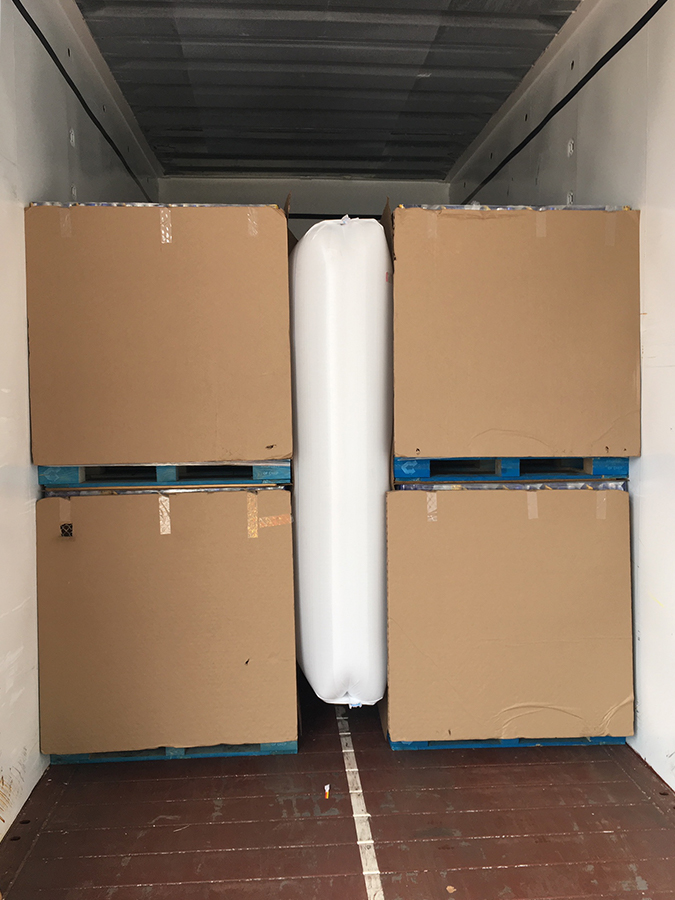
Those materials – what we call dunnage – can be structured cardboard or air bags inserted between pallets. “It’s about filling the voids to keep products from shifting,” said Russ Cole Jr., another LARS manager in Stockton. “We want even distribution and tightly loaded rail cars.” Wood blocking and various strapping products also help keep cargo secure.
To provide customers feedback on the effectiveness of their load and how well it rides on the rail, LARS managers can install ride-quality technologies. BNSF’s LARShock and LARSVision devices continually collect data from the car’s origin to destination, then the LARS managers retrieve the devices and can compare the cargo condition. This data is analyzed for any out-of-ordinary forces throughout the trip.
“We use these recorders in many of our boxcar shipments and this data has been helpful to the LARS team in mitigating problems in switch yards and with delivering short lines [connecting] railroads,” said PCP’s Jeremic.
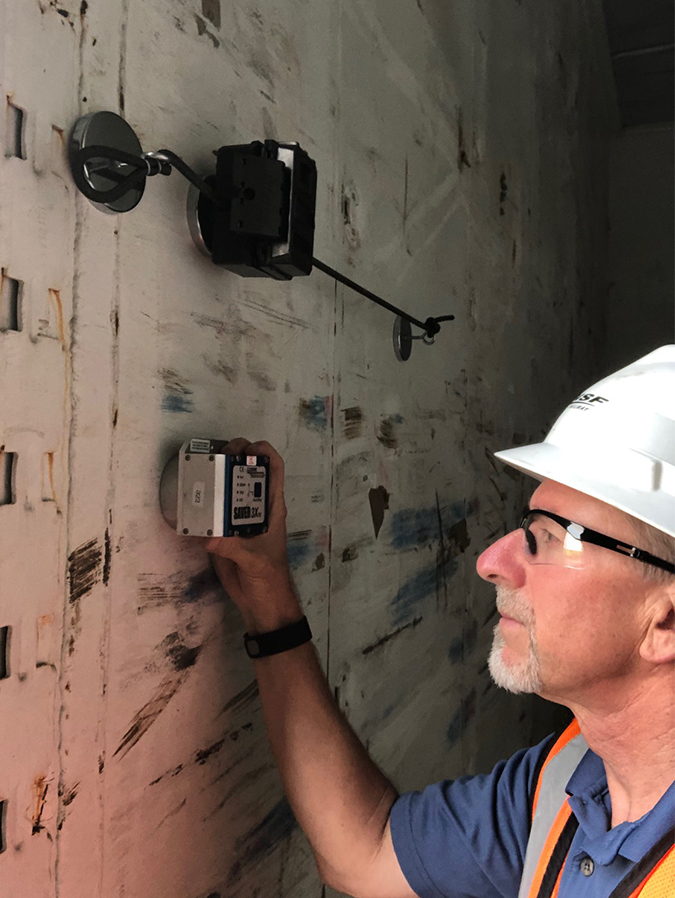
Added Brainard: “We like to say these tools help identify opportunities. It’s all about optimizing the ‘Quality of Ride’ for our customers’ shipments.”
In a word, they help make sure that we at BNSF “can” do it, every time.
For more information on our LARS team, watch this video.
Did You Know?
- California is responsible for over 90 percent of the country’s processed tomatoes, as well as nearly half of the world’s tonnage
- This year’s pack tomato crop is forecasted at 12 million tons
- BNSF expects to move more than 5,000 boxcars from California to eastern markets between August and November/December, and as many at 70 per day, during pack’s peak
